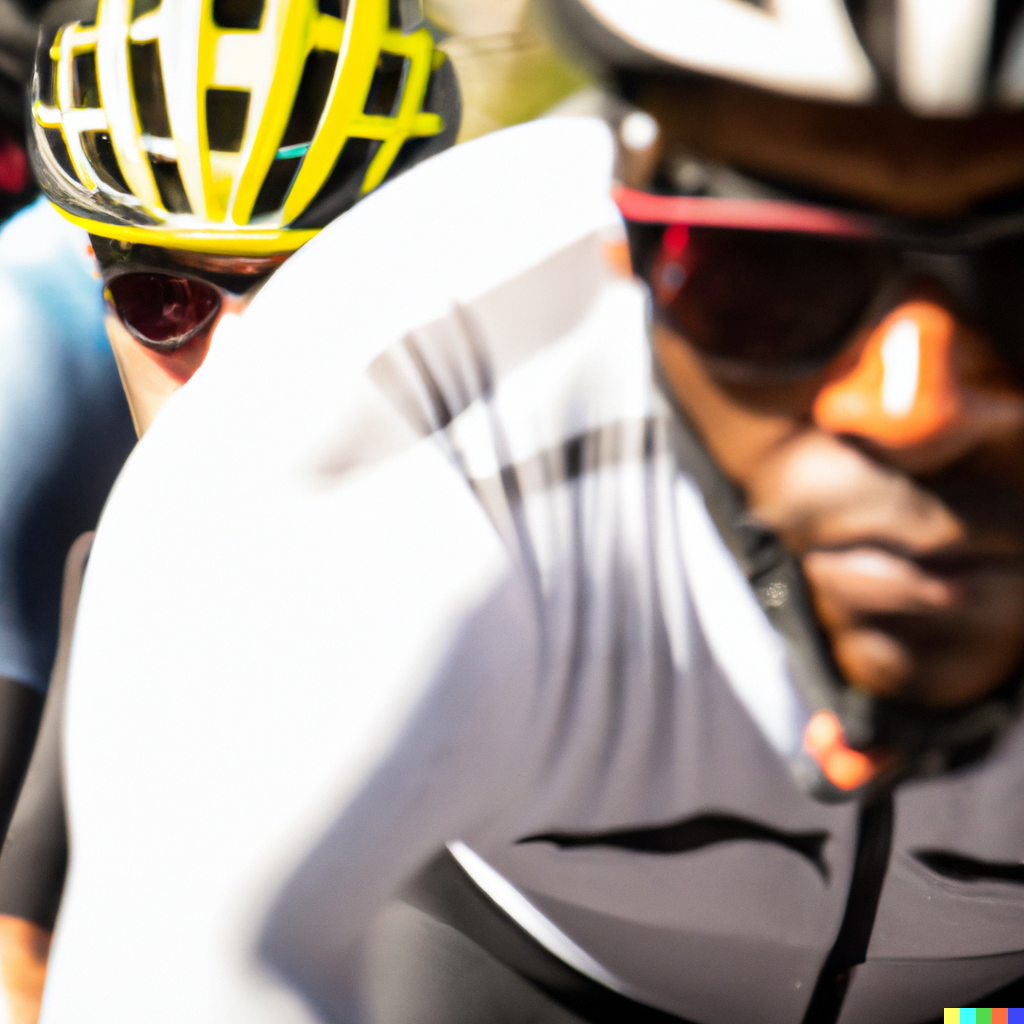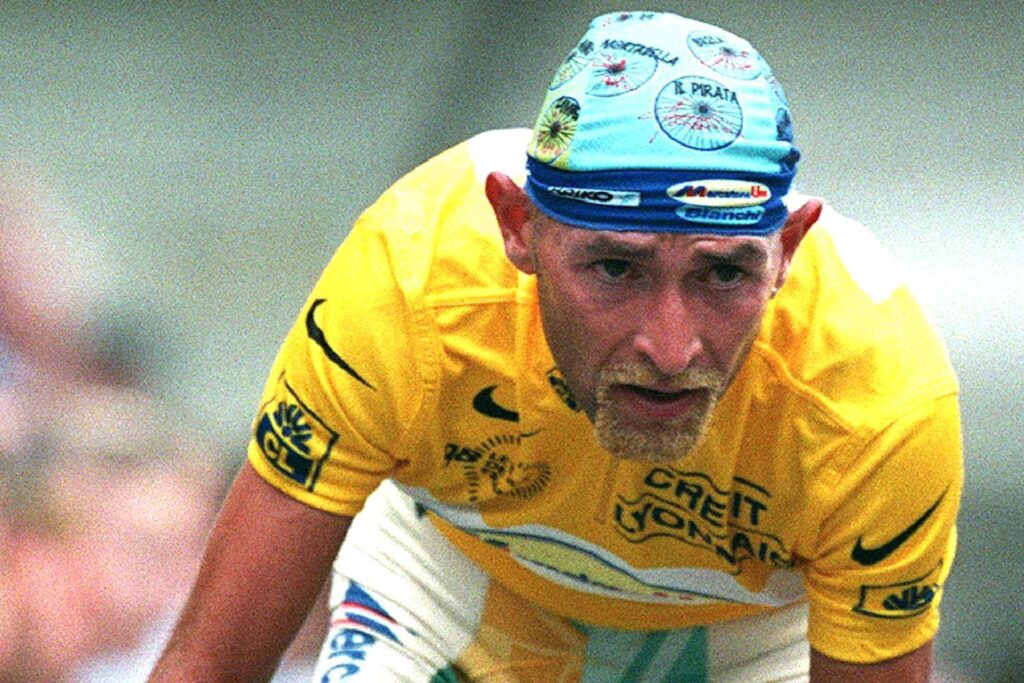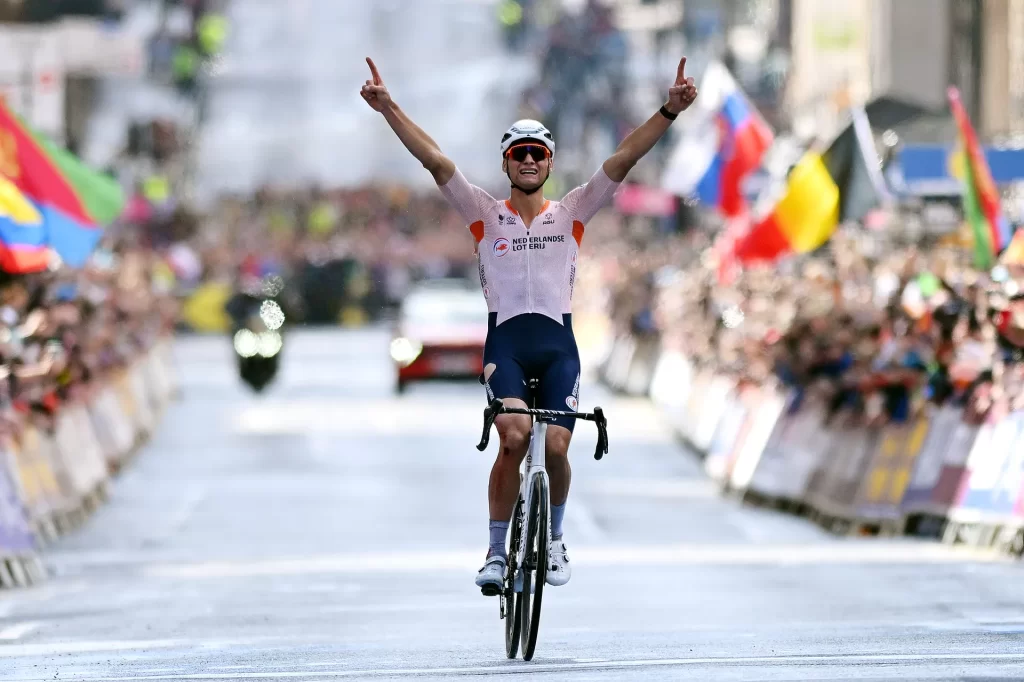The Psychology of Endurance: Mental Strategies from Top Cyclists

Cycling is as much a mental game as it is a physical one, especially when it comes to endurance. The ability to keep pedaling, despite the fatigue, pain, and monotony, is often what separates the great cyclists from the good. In this post, we delve into the psychology of endurance, exploring the mental strategies employed by top cyclists to push beyond their limits.
The first key mental skill that cyclists use is goal setting. Goals provide motivation and give direction to training. They should be SMART – Specific, Measurable, Achievable, Relevant, and Time-bound. Whether it’s completing a century ride, improving a time trial record, or conquering a challenging climb, having a clear goal in mind can be a powerful motivator.
Visualization is another widely used mental strategy. By mentally rehearsing a race or a challenging part of a ride, cyclists can prepare themselves for the task ahead. Visualization not only helps with strategy and pacing but also builds confidence.
Mindfulness and staying present is crucial in cycling, especially during long rides. Focusing on the sensations of the moment – the rhythm of the breath, the feel of the pedals, the wind against the skin – can help keep the mind from dwelling on the discomfort or the distance yet to cover.
Positive self-talk can also make a significant difference. The way cyclists talk to themselves during a ride can either propel them forward or hold them back. Encouraging phrases like “I’ve got this,” “Keep going,” or “Almost there” can help override the feelings of fatigue and maintain a positive mindset.
Resilience is essential in a sport where setbacks are common. Crashes, injuries, bad weather, mechanical issues – these are all part of the cycling experience. Resilient cyclists view these not as insurmountable obstacles but as challenges to be overcome.
Mental toughness, while a somewhat nebulous concept, is often cited as a key factor in cycling endurance. It’s the ability to endure discomfort, to push through the ‘pain cave,’ and to keep going when the body wants to stop. Mental toughness can be built over time, through consistent training and exposure to challenging situations.
Effective stress and anxiety management is also critical. Races, especially big ones, can induce a lot of stress and anxiety. Top cyclists learn to manage these feelings, using techniques such as deep breathing, progressive muscle relaxation, and even yoga or meditation.
Finally, a love for the sport itself is a powerful mental motivator. The best cyclists are often those who love what they do. This intrinsic motivation can carry cyclists through the toughest rides and the most grueling races.
So, the next time you find yourself struggling during a ride, remember – the power to keep going lies as much in your mind as in your legs. The mental strategies used by top cyclists can be just as valuable to amateur riders. Start incorporating them into your training and see the difference they make to your cycling endurance.
In the world of cycling, it is often said that the race is won or lost in the mind. Harnessing the power of the mind could be your key to unlocking your full potential as a cyclist. After all, in the immortal words of legendary cyclist Eddy Merckx, “Ride as much or as little, or as long or as short as you feel. But ride.”


